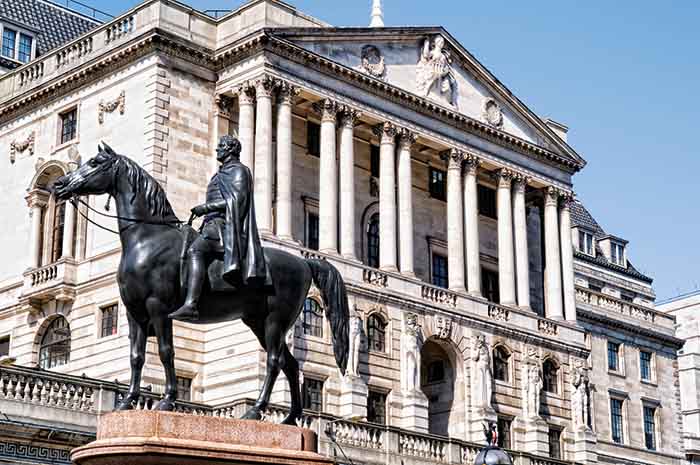In the eurozone, the ECB expects growth to rise 2.4% next year after increasing its predictions following its December meeting.
Even with interest rates kept at pretty much zero for the time being, it looks likely that the growth on the continent will fuel continued pressure for rates to rise next year, and the gradual tapering of QE purchases is a clear signal of the central banks’ long-term intentions.
It is a programme the US are already ahead on, with three rate hikes under its belt in 2017, the US Federal reserve is well on its way to introducing more normal conditions across the pond.
Even if some, such as Aberdeen Standard Investments James Athey, believe politics has the chance to “derail” the ECB’s best laid plans next year, central banks from China to the UK are intent on getting things back to some kind of normality, if anything so they have room to manoeuvre should the worst happen and recession hits.
Central banks’ intention is clear. The issue now is to ensure that nothing happens quick enough to shock markets.
Avoiding a shock
Tom Becket, CIO at Psigma, says investors should be “totally clear” that “the days of extremely loose monetary policy are over”, but adds that central banks are unlikely to raise rates quickly in order to avoid any market movements.
Russ Mould, investment director at AJ Bell, says: “The Fed is already increasing rates and has switched from quantitative easing to quantitative tightening by shrinking its balance sheet, the European Central Bank is slowly tapering its QE scheme and even the Bank of Japan (BoJ) is dropping hints it may be time to back away from its full-throttle stimulus programme.
“Any faster-than-expected removal of central bank liquidity could be a shock to a range of asset classes – stocks, bonds, cryptocurrencies, art, you name it – which have feasted off cheap money.”
This reluctance to upset the status quo could explain why the ECB decided against a full hike on Thursday, and also explains in some part the reluctance of the Bank of England to raise rates further despite inflation bursting through its self-imposed upper limit of 3%.
Here in the UK, Brexit has a large part to do with this caution on Mark Carney’s part, who will have to explain what he’s doing to fix the country’s rising prices in a letter to Chancellor Philip Hammond in March. The uncertainty caused by the ongoing negotiations has led to people across business, finance and government not wanting to rock the boat more than is needed.
Brexit gloom
Investec bond strategist Shilen Shah says the UK seems “stuck in the slow lane” due to Brexit, with inflation and stagnant wages leaving little to hope for in the near future.
Ben Brettell, senior economist at Hargreaves Lansdown, adds: “As this Brexit-related uncertainty is almost certainly here to stay, I expect the Bank to proceed cautiously from here.
“Policymakers will naturally be keen to raise rates as fast as the economy allows, if only to provide some firepower when the next economic downturn arrives. But with domestic inflationary pressures thin on the ground and Brexit casting its customary shadow, there’s no real imperative to move for some time. Markets are tentatively pricing in a further rise towards the second half of next year.”
Similarly, Neil Birrell, chief investment officer, Premier Asset Management, says: “The economy remains fragile and even though progress is being made in the Brexit negotiations the eventual outcome is still very uncertain; businesses and individuals will remain wary and conscious of what they are spending.”
Consensus is that the Bank of England will raise rates again at some point in the summer of 2018, but it looks set to be a year of cautious optimism from the banks.
They will most likely spend next year looking over their shoulders at what the others are doing, to save being left behind but also to save from being held up as an example of what not to do to help a country recover after 10 years of abnormal, inflated financial conditions.







